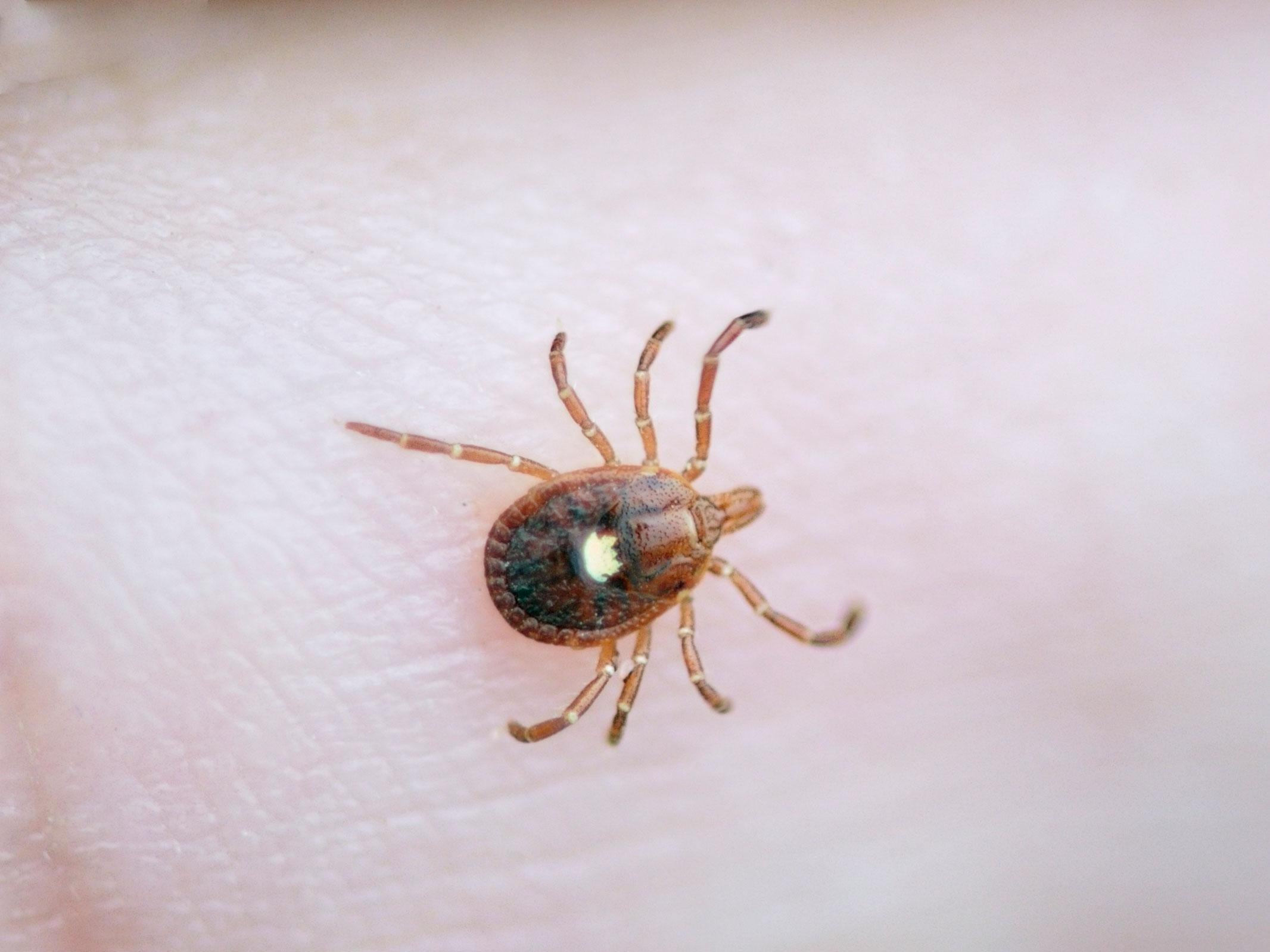The Independent's journalism is supported by our readers. When you purchase through links on our site, we may earn commission.
Fears of tick spreading among humans whose bite makes you allergic to meat
Symptoms of the allergy includes hives, shortness of breath and in some cases fainting

Your support helps us to tell the story
From reproductive rights to climate change to Big Tech, The Independent is on the ground when the story is developing. Whether it's investigating the financials of Elon Musk's pro-Trump PAC or producing our latest documentary, 'The A Word', which shines a light on the American women fighting for reproductive rights, we know how important it is to parse out the facts from the messaging.
At such a critical moment in US history, we need reporters on the ground. Your donation allows us to keep sending journalists to speak to both sides of the story.
The Independent is trusted by Americans across the entire political spectrum. And unlike many other quality news outlets, we choose not to lock Americans out of our reporting and analysis with paywalls. We believe quality journalism should be available to everyone, paid for by those who can afford it.
Your support makes all the difference.A tick whose bite makes victims allergic to meat is spreading.
The Lone Star tick – named for its white, Texas-shaped marking, carries a sugar molecule called alpha-1, 3-galactose, or Alpha-Gal for short, which reprograms people’s immune systems, rendering them forever allergic to meat.
When bitten by a tick carrying Alpha-Gal, the body’s first response is to develop an antibody. Once this happens, every time you consume the sugar molecule, which is present in red meat, your immune system will attempt to fight it off, triggering an allergic reaction.
Symptoms of Alpha-Gal allergy syndrome include hives, shortness of breath, stomach cramps and in more severe cases difficulty in breathing and fainting. In the rarest of cases, it can even cause death.
The tick traditionally makes its home in the south-eastern US states, however recently cases have popped up in Hanover, Minnesota, Duluth and New Hampshire, suggesting its habitat is growing.
In Long Island, more than 100 cases were reported last year.
A warming climate has meant the ticks are expanding further north, causing outbreaks across the US, allergist Purvi Parikh told USA Today.
Cosby Stone, an allergy and immunology fellow at Vanderbilt University told The National Geographic: "Five years ago, we probably had about 50 or so patients that had Alpha-Gal [syndrome]. Now we have about 200."
Researchers are still unsure what it is in the tick’s saliva that causes the release of histamines whenever red meat is consumed.
Theories include a bioactive compound similar enough in shape to an Alpha-Gal molecule to trigger the reaction in the immune system. It could also be a bacterium or virus, or even residual protein from the ticks’ previous feed.
The tick bite is one of few which affect people exactly the same way, no matter the genes or potential predisposition.
Join our commenting forum
Join thought-provoking conversations, follow other Independent readers and see their replies
Comments